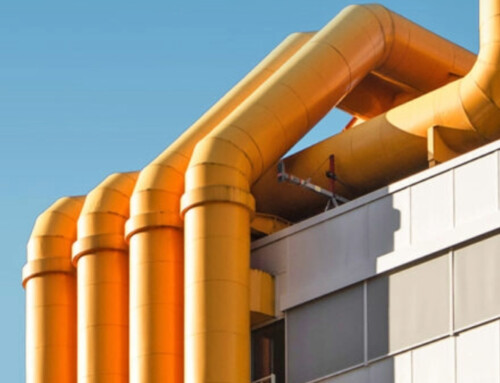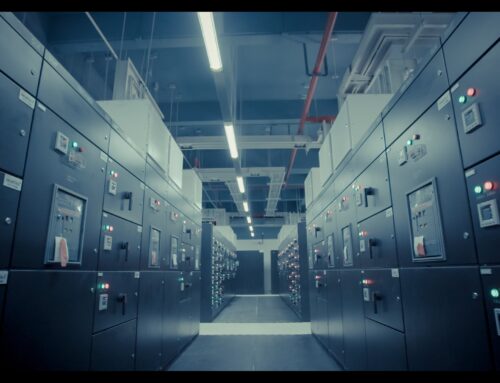Green Transition Denmark (Rådet for Grøn Omstilling) warmly welcomes and support the proposal to restrict all PFAS as a group.
PFAS is a group of chemicals that are well documented to harm both environment (water, soil, air and ecosystems) and human health. Furthermore, these chemicals are a huge economic burden for society, by far exceeding profits for the industry[1]. Thus, this restriction proposal is necessary to mitigate the ongoing crisis caused by PFAS.
Only to a small extend is it possibly to clean up this pollution. Furthermore, PFAS are cleaned very poorly in Danish treatment plants; some of the substances even become more concentrated in the process, so that the level is higher in the outlet than in the inlet water[2]. The only solution is to stop the production, use and discharge.
Circular economy
In a circular economy, products and materials are kept in circulation, today mainly through recycling. Recycling involves various treatments e.g., mechanic treatment, heat, solvents to separate parts and to reform them into new materials and products. In these processes, PFAS can be emitted[3],[4] adding to the increasing burden of PFAS. Moreover, since PFAS is difficult to remove, the recycled material will be contaminated by PFAS, making it less desired on the market. With the large amount of waste containing PFAS today (e.g., consumer products, building materials, sludge, electronics) these waste streams should be treated as hazardous waste. But then there will not be much left to recycle. Therefore, this PFAS restriction is a cornerstone and a decisive starting point to make a clean circular economy possible in the future.
The Danish Consumer Council has been testing for PFAS in consumer goods for years[5] and these tests confirm that these substances are used in a wide variety of products that consumers are in daily contact with. On the other hand, the tests also show that there are many similar consumer goods that do not contain PFAS, confirming that alternatives are available and/or PFAS can be omitted in these productions.
Derogations in the dossier
Green Transition Denmark acknowledges that some derogations from the PFAS restriction are necessary where the PFAS substance is crucial for the product or process and no alternatives for the same function exist AND that the product/process is essential for society. It is nevertheless of uttermost importance that a derogation is allowed only when no alternatives fulfil the same function, and that the performance is left outside the derogation criteria. Performance may not be 100 % of what PFAS can offer, since the wanted qualities of PFAS are also what make them extremely problematic in the environment, but if the function is reached the alternative should be deemed a good alternative. A very clear definition of ‘essential for society’ must be made.
A derogation should only be given under certain criteria:
- Only for a limited time period and with requirements to develop/support the development of alternatives.
- Requirements for preparing full LCA’s for the PFAS use.
- Full disclosure of use (substances and amounts) and emissions.
- Products containing PFAS should be labelled, to enable consumers to make an informed choice and ensure proper waste management.
- Use case specific requirements for zero emission to the environment and zero exposure to workers, since the extreme persistency will allow even low levels of emissions to build up in the environment/human body.
- Extended product responsibility, to ensure that the waste is treated responsibly, without any emissions.
Transitional period
We acknowledge the great work already done in making the proposal, and that it will take some time to adjust to the new legislation, however, the progress envisioned in the proposal is way too slow.
Not until 2025 a legislative proposal is foreseen to be presented to the member states, and then it may take some time (depending on the extent of the changes after consultation and trialogue negotiations in the Council, Parliament, and Commission) before the PFAS restriction is published in the Official Journal.
On top of that, there are transition phases, which are proposed to be between 18 months and 13½ years. The most optimistic scenario is that the substances will be phased out in 5-6 years. Realistically, it will likely take 7-10 years, and there is a risk and concern that there will be more derogations introduced after the consultation. This will have significant effects on the environment and societal costs will follow. This is not in line with the aim of the proposal to protect environment and safety for human health.
The restriction proposal presents two scenarios:
1) RO1: a ban with exceptions for 18 months for everything, and
2) RO2: a ban with exceptions for 18 months, 6½ years, or 13½ years.
Green Transition Denmark supports scenario 1 or at least exceptions that have shorter time limits than in scenario 2.
[1] https://chemsec.org/reports/the-top-12-pfas-producers-in-the-world-and-the-staggering-societal-costs-of-pfas-pollution/
[2] https://pro.ing.dk/watertech/artikel/pfas-niveauer-stiger-igennem-renseanlaeg-graensevaerdi-overskredet-med-mere-end
[3] End-of-life circulation of PFAS in metal recycling streams: A sustainability-focused review; Bulson et al., Resources, Conservation and Recycling; July 2023
[4] Lithium-ion battery recycling: a source of per- and polyfluoroalkyl substances (PFAS) to the environment?; Rensmo et al., Environmental Science: Processes and Impacts; Apr 2023
[5] E.g., Cosmetic products – 91 products identified containing PFAS (2022) (https://taenk.dk/kemi/english/avoid-cosmetics-and-personal-care-pfas) and Carpets (2023): 4 of 15 products contained PFAS (https://taenk.dk/kemi/english/avoid-pfas-carpets)





